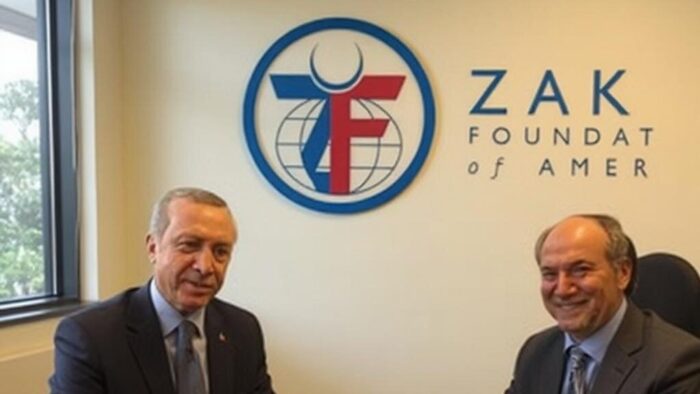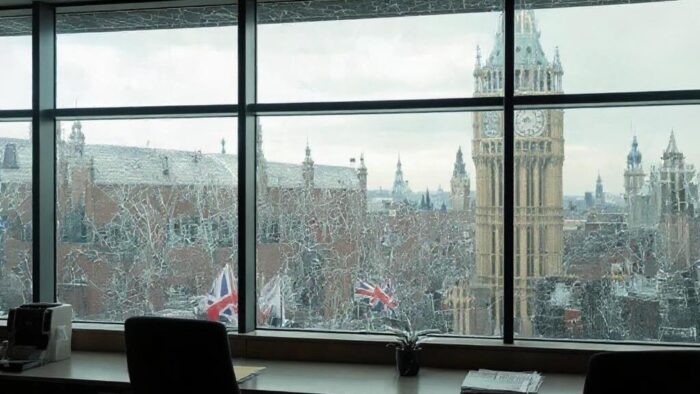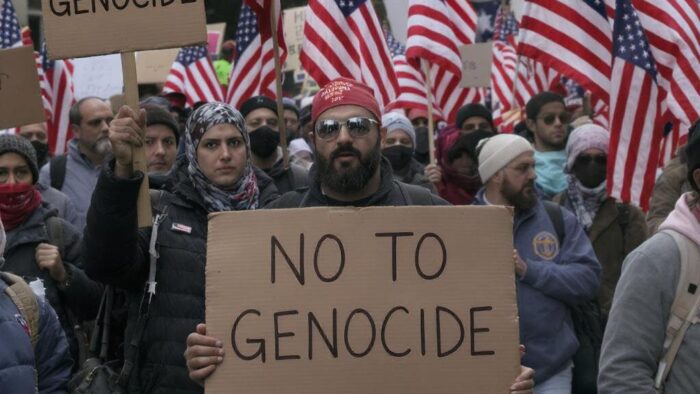Global media is reporting on new Russian anti-gay legislation, amending a 2013 law that bans exposing minors to “gay propaganda.” According to an Agence France-Press report, Russian oligarch Konstantin Malofeyev told a Duma hearing that passing the law would be part of Russia’s war effort in Ukraine:
October 17, 2022 Russian lawmakers Monday called for the toughening of a strict anti-gay law and the Kremlin ordered expensive patriotic education projects as Moscow presses with a conservative drive at home while its troops fight in Ukraine. The lower house of the Russian parliament, the Duma, held a consultation session on amendments to the 2013 law that bans exposing minors to what authorities deem “gay propaganda.” AD The draft bill would take it further by also banning the “denial of family values” and the “promotion of non-traditional sexual orientations” to all ages. Lawmakers argued the law needs to be toughened amid Russia’s intensified confrontation with the West and as its armed forces battle next-door. Alexander Khinstein, a senior lawmaker and the head of the Duma’s information committee, said the Ukraine offensive had given the proposed law “new relevance.” “The special operation takes place not only on the battlefield, but also in the minds and souls of people,” Khinstein said. Konstantin Malofeyev, a banker and conservative media baron, told the Duma hearing that passing the law is part of Russia’s war effort. “The war is not only on the battlefield. It is also in the smart-phones of our children, in cartoons and films,” Malofeyev said. AD “Our enemy really holds the propaganda of sodomy as the core of its influence,” he said. The amendments are expected to be approved this autumn, according to Duma speaker Vyacheslav Volodin. Volodin said the law would “protect” Russians. “It is not to limit rights, but protect them from propaganda,” he said.
The Global Influence Operations Report (GIOR) reported last week that Russian President Vladamir Putin had once again delivered a speech in which he extensively referenced so-called “culture war” themes commonly espoused by rightwing/conservative Western elements. In his remarks, Putin referred to “strange, in my opinion, newfangled trends like dozens of genders and gay pride parades,
Respect for the peculiarities of peoples and civilizations is in the interests of everyone. In fact, this is also in the interests of the so-called West. Losing its dominance, it quickly becomes a minority on the world stage. And, of course, the right of this Western minority to their own cultural identity, of course, I want to emphasize this, must be ensured, it must be treated, of course, with respect, but, I emphasize, on an equal footing with the rights of everyone else. If Western elites think they can inject into the minds of their people, their societies, strange, in my opinion, newfangled trends like dozens of genders and gay pride parades, then so be it. Let them do what they want! But what they certainly have no right to do is to require others to follow in the same direction.
Putin has long been known for his desire to become the ideological center of a Global National Conservative (GNCA) alliance described in a GIOR report as follows:
Russian President PUTIN has expressed an interest in Russia becoming the ideological center of a new global conservative alliance, and European far-right leaders have taken pro-Russian positions based on a similar ideology. Hungary is at the center of a developing alliance between European far-right nationalists and American conservatives that Russia could potentially exploit for use in information warfare. This alliance operates under the rubric of “National Conservatism,” centered on national sovereignty, cultural identity, and opposition to global institutions and representing a potentially radical change for the US conservative movement away from long-held Reagan-era philosophies.
Read the full report here.
Opposition to “gender ideology” is a central issue for the GNCA and GIOR also reported last week on the role played by the Mathias Corvinus Collegium (MCC), a Hungarian education facility supported by the Orban government, in disseminating Russian-style anti-LGBTQ propaganda. We also reported earlier this week on the new Italian far-right Prime Minister Giorgia Meloni and the anti-gay positions of her and her coalition partners.
The Global Influence Operations Report (GIOR) also reported this week that Konstantin Malofeyev had reportedly chosen one of two MEPs from Marine Le Pen’s Rassemblement National party to participate in a secret project called “AltIntern,” intended to promote values such as “Christendom as the foundation of life” and marriage as “the union of a man and a woman.” In March 2022, the Global Influence Operations Report (GIOR) reported on leaked emails and documents that showed how a Russian influence group known as Tsargrad was cooperating with senior far-right politicians in Italy, France, Germany, and Austria. As that post detailed, Tsargrad is funded by the Russian oligarch Konstantin Malofeyev (aka Malofeev), known by US intelligence as the Russian President’s “right arm for operations of political interference in Europe,” and designated by the US in 2014 over his interference in Ukraine. A recent UK media profile of Malofeyev describes him and his role in funding anti-abortion, anti-LGBTIQ initiatives:
Malofeyev gained his wealth in telecommunications during the late 2000s. He has used his power to wage an information war on Europe, allegedly providing loans to far-right parties and funding anti-abortion, anti-LGBTIQ initiatives in the region. His influence empire includes the Katehon think-tank which regularly platforms far-right authors and is “considered one of the instruments for Russian interference in the West”. The US State Department describes Katehon as “a proliferator of virulent anti-Western disinformation and propaganda”. Tsargrad TV is the public entertainment face of Katehon. Dubbed by the Financial Times as “God’s TV, Russian style”, the channel was deliberately designed to mimic Fox News and judge political candidates’ views on issues such as religion, abortion, LGBTIQ rights and Putin.
A BBC report describes the proposed new Russian legislation, which is expected to receive the required approvals:
October 24, 2022 The wide-ranging ban also extends to advertising and books — both non-fiction and literature — raising censorship concerns from publishers, who have warned of the risk that it could even affect classics of Russian literature. The law sets out fines of between 50,000 roubles (£705; $815) and 400,000 roubles, while non-Russians who violate the ban face expulsion from the country. The bill has broad support but will first be approved by the upper house of the Russian parliament, the Federation Council, before it is ratified by President Vladimir Putin.





